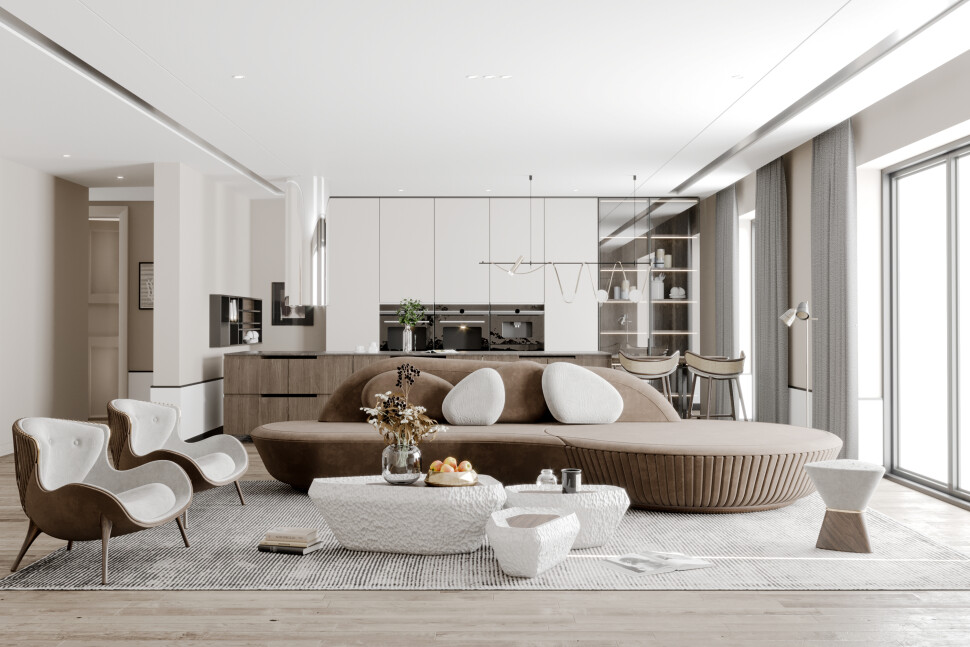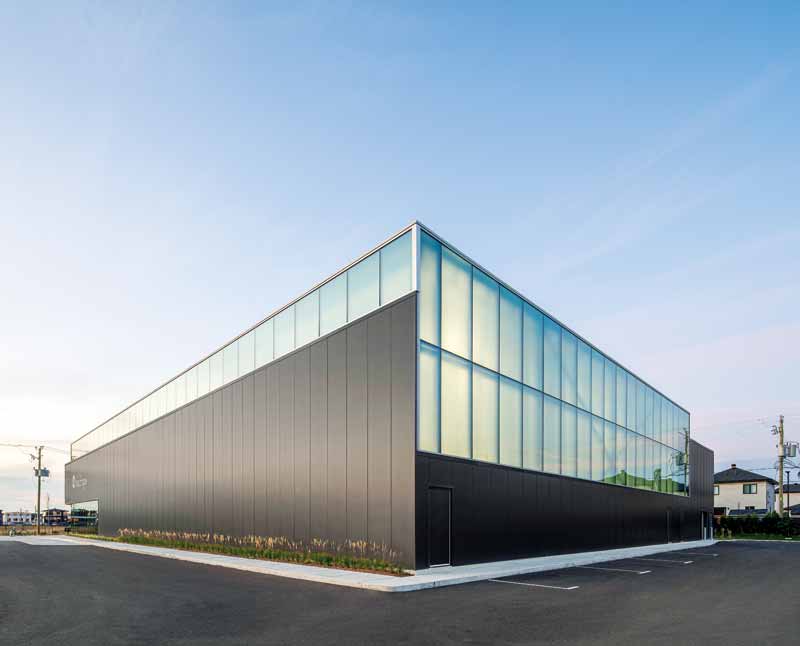Minimalist design is more than an aesthetic—it’s a philosophy that emphasizes simplicity, intentionality, and calm. By stripping away excess and focusing on essential elements, minimalist spaces feel both welcoming and serene. Much like selecting a cute hidden face dp for girls, which conveys subtle beauty without overexposure, minimalist interiors achieve impact through restraint and thoughtful detail. The result is a home that feels uncluttered, peaceful, and timeless.
Declutter To Create Breathing Room
The foundation of minimalism lies in decluttering. A room filled with unnecessary objects can feel overwhelming and stressful. Begin by evaluating which items serve a purpose or bring genuine joy, and remove the rest. This creates space not only physically but mentally, allowing you to breathe easier and think more clearly.
When deciding what to do with excess furniture, décor, or appliances, using a can help you sell or donate items locally. This ensures that your unused belongings find new life, while you enjoy the freedom of a cleaner, calmer home.
Emotional Connection To Minimalism
Minimalism is not about creating sterile, empty rooms; it’s about cultivating an environment that reflects meaning and intention. By curating your space with fewer but more personal items, you make your home a reflection of who you are. This connection is similar to the depth found on mysadshayari.com, where even simple words carry profound emotion. A single cherished photo, piece of art, or heirloom can create more warmth than a room packed with decorations.
Choosing Neutral Palettes And Natural Materials
Colors and materials play a central role in setting the tone of minimalist spaces. Neutral palettes—shades of white, beige, gray, or soft pastels—create an atmosphere of calm. Natural materials like wood, stone, and cotton enhance the sense of balance and authenticity. This combination brings warmth and texture while maintaining the simplicity that minimalism requires.
Smart Storage Solutions
Minimalist homes aren’t devoid of belongings—they just hide clutter effectively. Smart storage systems such as built-in shelving, hidden cabinets, and multipurpose furniture allow you to maintain order without sacrificing functionality. These design choices keep surfaces clear, emphasizing open space and clean lines that contribute to a sense of calm.
For more practical tips on how to incorporate functional and stylish designs, resources like www.housivo.com.au provide inspiration for homeowners seeking minimalist solutions that blend beauty with utility.
Furniture That Reflects Intentionality
In minimalist interiors, furniture isn’t just functional—it’s a statement. Select pieces with clean lines and simple forms. A well-designed sofa, a dining table with natural finishes, or a single statement chair can anchor a room while maintaining balance. Avoid crowding spaces with too many pieces; instead, let each item breathe and contribute to the overall harmony of the design.
Lighting For Calm And Clarity
Lighting is essential in minimalist design. Natural light enhances openness and reduces the need for artificial illumination. Sheer curtains allow sunlight to filter in softly, creating warmth and calm. In the evenings, choose warm-toned LED lights or strategically placed floor and table lamps to maintain serenity. Layered lighting adds dimension while ensuring the space feels cozy and inviting.
:max_bytes(150000):strip_icc()/minimalist-living-room-ideas-5213203-hero-d27f8dcfa0b84706adbbd28ea0e1b48d.jpg)
Minimalism Beyond The Living Room
Minimalism doesn’t stop at the living room—it extends into kitchens, bedrooms, and bathrooms. In kitchens, clear countertops and simple cabinetry keep things functional yet stylish. Bedrooms benefit from a pared-back approach with just the essentials: a comfortable bed, subtle linens, and maybe one or two personal touches. Bathrooms designed with neutral tones and clean fixtures create spa-like retreats that emphasize relaxation.
Dining Spaces That Encourage Connection
Minimalist dining areas highlight togetherness. Instead of elaborate décor, focus on creating a clean, functional table setup with a few thoughtful accents like a centerpiece or soft lighting. The goal is to encourage meaningful conversations and shared experiences. When you’re inspired to try new meals or explore different cuisines, platforms that help you find restaurants can also influence your design choices, guiding you toward a dining style that blends simplicity with flavor.
The Benefits Of Minimalist Living
Living minimally doesn’t just improve the aesthetics of your home—it impacts your overall well-being. A clutter-free space reduces stress, enhances focus, and encourages mindfulness. It also makes cleaning and upkeep easier, freeing up time for activities that bring joy. Minimalism teaches us that less truly can be more, and that beauty lies in intentionality.
Final Thoughts
Minimalist design offers a pathway to homes that feel calm, inviting, and deeply personal. By decluttering, choosing neutral palettes, incorporating natural materials, and focusing on intentional design, you can create spaces that nurture both body and mind.
Like the quiet power of a thoughtful gesture, minimalism proves that small, deliberate choices carry the greatest impact. The result is a home where every detail matters, every space feels meaningful, and simplicity becomes the ultimate form of elegance.




